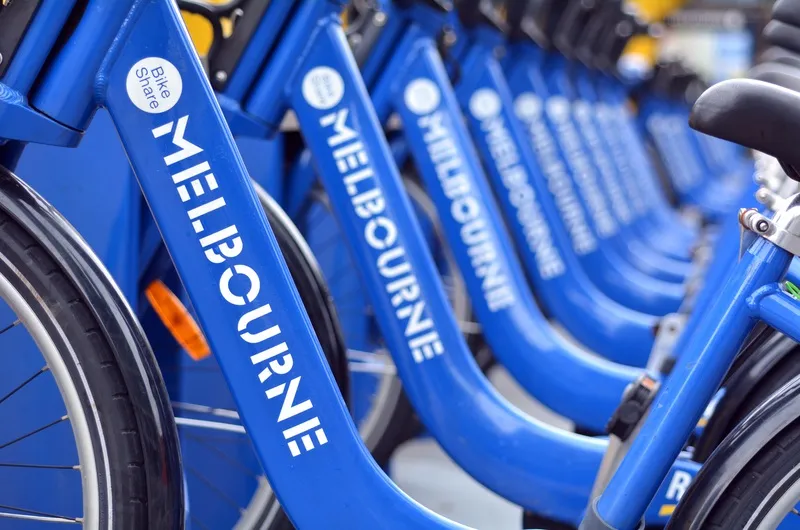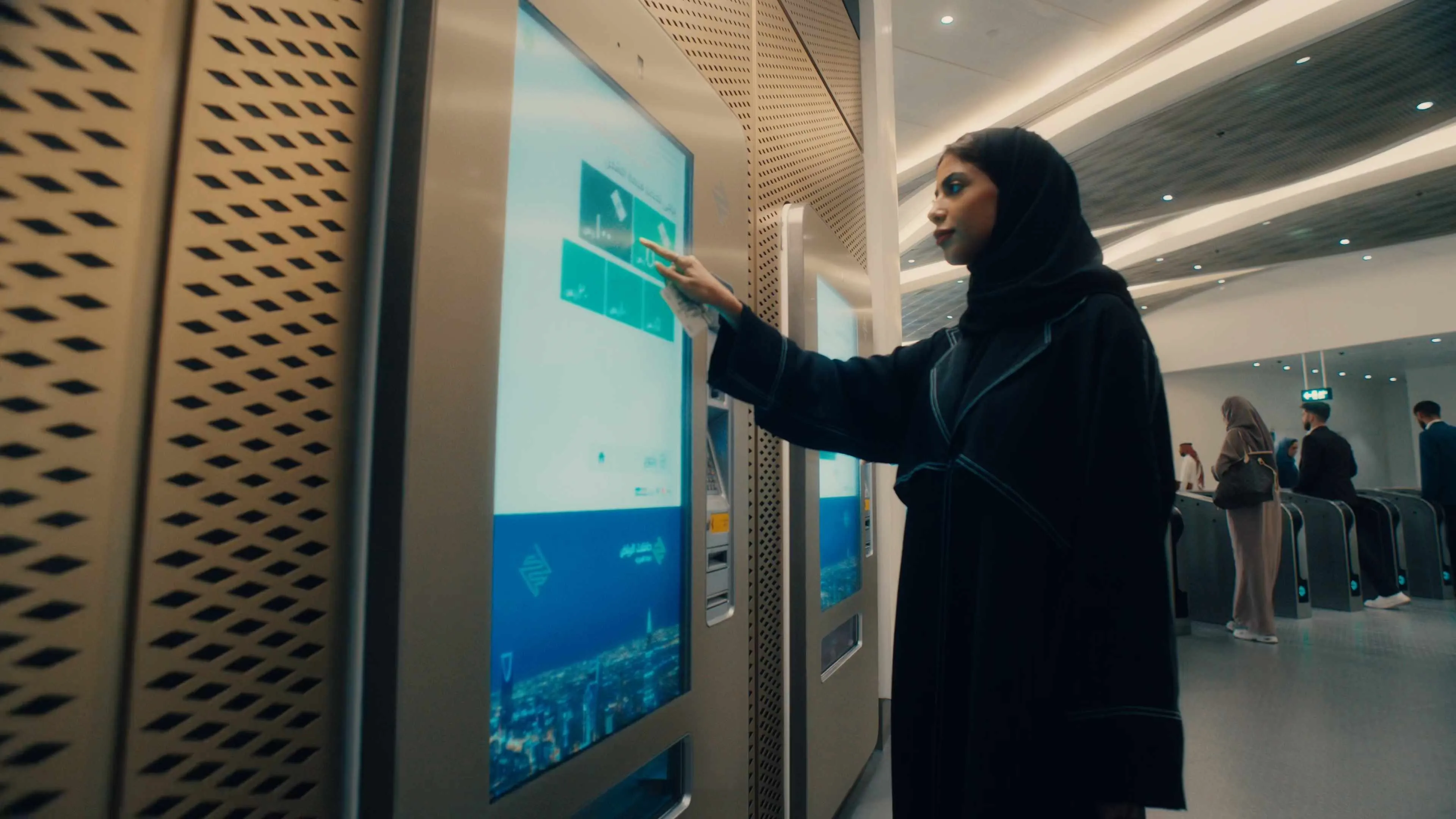Austrian building group Strabag has won a US$178 million contract to renovate and expand three major thoroughfares in the Tanzanian capital Dar Es Salaam as part of a scheme to introduce a bus rapid transit (BRT) system which will have separate priority bus lanes.
March 14, 2012
Read time: 1 min
Austrian building group 3861 Strabag has won a US$178 million contract to renovate and expand three major thoroughfares in the Tanzanian capital Dar Es Salaam as part of a scheme to introduce a bus rapid transit (BRT) system which will have separate priority bus lanes. The contract includes the rehabilitation and expansion of three major arterial roads with a total length of 21.1 km, connecting the city and the harbour with the western country, Burundi and Rwanda.
Strabag will develop a central concrete roadway for each direction of travel, which will exclusively serve the public bus. The existing line will be broadened in order to obtain the two-lane roads for mixed traffic and accommodate the new bike paths and paved walkways. BRT stops will be built in the median strip every 500-700 metres and there will also be infrastructure works such as laying of water supply lines, the expansion of the wastewater system and the telecommunications network and the construction of street lighting and traffic facilities.
Strabag will develop a central concrete roadway for each direction of travel, which will exclusively serve the public bus. The existing line will be broadened in order to obtain the two-lane roads for mixed traffic and accommodate the new bike paths and paved walkways. BRT stops will be built in the median strip every 500-700 metres and there will also be infrastructure works such as laying of water supply lines, the expansion of the wastewater system and the telecommunications network and the construction of street lighting and traffic facilities.









